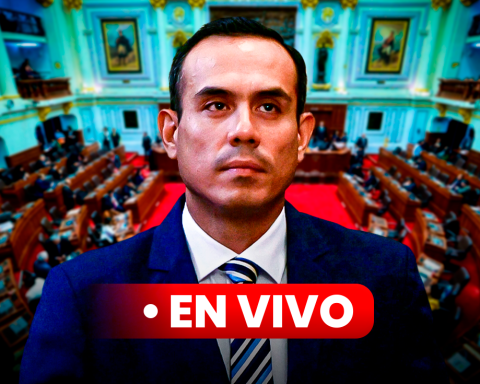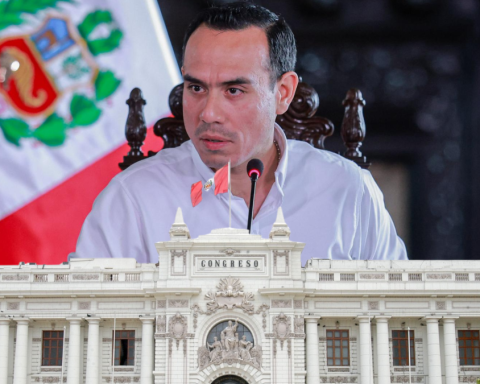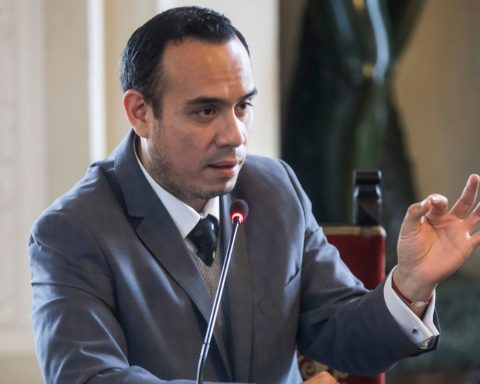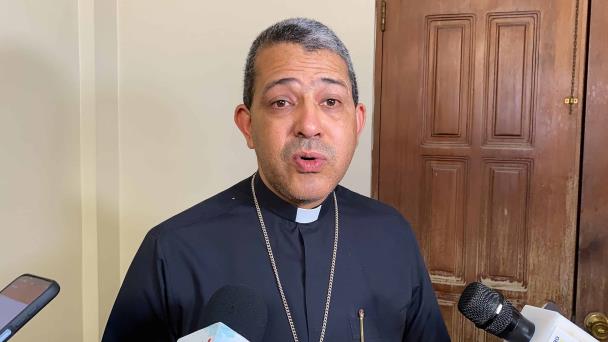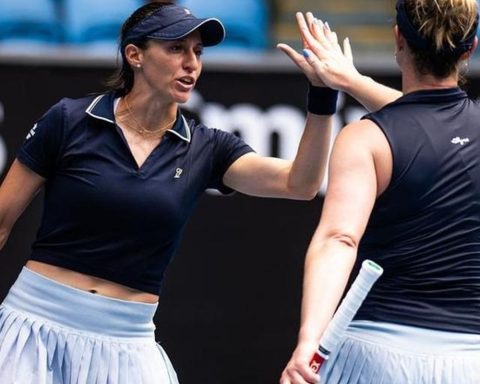The increase in delinquencies has impacted the entire financial system, and savings and credit cooperatives, which only collect funds from their members, are no exception. This scenario occurs in a context in which The Superintendency of Banking, Insurance and AFP (SBS) has been closing cooperatives every month due to financial problems.
LOOK: Sales of new vehicles advance after four months of decline
According to the SBS, of the 191 cooperatives that presented their financial statements until July of this year, 32.5% (62 entities) reported losses. The majority of cooperatives with negative results are medium-sized (level 2).
Since the State delegated the supervision of cooperatives to the SBS in 2019, they have been classified into three levels according to the volume of their assets: Level 1: assets up to 600 UIT (S/3 million). Level 2: assets greater than 600 UIT, but not exceeding 65,000 UIT (S/334.8 million). Level 3: assets greater than 65,000 UIT.
Level 1 cooperatives recorded profits of one million soles, reversing the losses of the same period in 2023. However, those at level 2A lost S/1.7 million and those at level 2B closed in the red for S/18.3 million. In contrast, level 3 cooperatives recorded profits of S/733.5 million.
The SBS warned that the financial information of the cooperatives is published as it was sent by these entities, so it does not validate or certify them, leaving its subsequent review to the supervision process it carries out.
Determining factors
There are two main factors that explain the financial deterioration of cooperatives. The first is the increase in non-payment, which not only reduces income, but also forces entities to increase provisions to cover the problem portfolio.
The second factor is low operational efficiency. In general, as cooperatives become smaller, they allocate a greater percentage of their financial income to cover operating expenses, which affects their ability to generate profits.
According to the SBS, level 1 cooperatives allocate an average of S/82.2 of every S/100 of income to cover operating expenses, which is high considering that the remaining balance must be used to pay interest to saving members, provision non-performing portfolio and generate profits.
In the case of level 2A cooperatives, S/78.2 of every S/100 is allocated to these expenses, while in level 2B cooperatives, this amount amounts to S/95.1. Level 3 cooperatives are the most efficient, allocating 65.1% of their income to operating expenses.
For the professor of the Faculty of Economics and Finance of the Universidad del Pacífico, Enrique Castellanos, the current situation of cooperatives is not sustainable in the long term, which is why he indicated that a consolidation of the sector is required, in order to strengthen the financial position of these entities.
“Although cooperatives are well provisioned—more than 100% of the overdue portfolio is covered by provisions—this is not always positive, since it means that they are consuming part of their capital,” commented Castellanos.
DATA
The coverage of the Cooperative Deposit Insurance Fund is not in force.
The maximum amount Coverage per member is S/5,000 for level 1 and level 2 cooperatives with assets up to 32,200 UIT and S/10,000 for level 3 and level 2 cooperatives with assets greater than 32,200 UIT.
Take advantage of the NEW EXPERIENCE, receive our enriched digital newspaper by mail or WhatsApp. Peru21 ePaper Get to know our plans!
RECOMMENDED VIDEO
